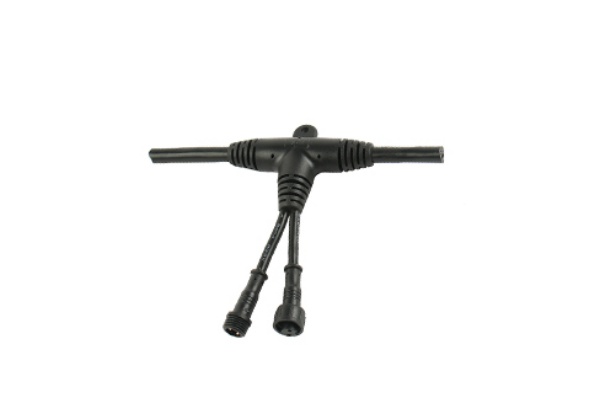News


News

What Professional Electricians Really Think About t-tap wire connector waterproof
Release time:2025-08-30
viewed:358
Experienced electrical professionals have mixed opinions about t-tap wire connector waterproof based on their hands-on field experience. These perspectives come from actual use in various industries rather than manufacturer claims or laboratory tests.

In automotive repair shops, mechanics have found practical uses for the t-tap wire connector waterproof products. Many technicians keep them in their toolboxes for certain situations where speed matters more than perfection. They work well for adding aftermarket accessories like extra lights or audio equipment where cutting into factory wiring isn't ideal. The waterproof feature helps protect connections in places like wheel wells or under carriages where moisture appears. However, veteran mechanics often warn against using them for important systems like brake controls or engine management where failure could create serious safety issues.
Marine electricians approach these connectors with even more caution. Saltwater environment presents the toughest challenge for any electrical connection. While the t-tap wire connector waterproof might work temporarily, most boat technicians prefer more reliable methods for permanent installations. They've seen how salt and moisture eventually find their way into connections, leading to corrosion and failure. For critical systems like navigation or bilge pumps, they almost always choose soldered connections with proper marine-grade heat shrink tubing.
Industrial maintenance teams have found some practical applications for the t-tap wire connector waterproof in certain situations. In factory environments, they sometimes use them for temporary machine modifications or when adding monitoring sensors quickly. The waterproof feature helps in areas where equipment gets washed down regularly. However, for permanent installations in high-vibration areas, most experienced technicians prefer more traditional connection methods that have proven their reliability over time.
Electrical contractors working on outdoor projects have developed measured opinions about these connectors. Those installing landscape lighting sometimes use them for low-voltage applications where the consequences of failure are minimal. The convenience factor makes sense when dealing with numerous connections across large areas. However, for important commercial projects or hard-to-reach installations, most professionals choose more reliable methods that won't require future maintenance.
Across all these fields, several common concerns emerge about the t-tap wire connector waterproof. Vibration resistance remains a primary worry - the piercing connection may loosen over time in applications with constant movement. Current capacity also raises questions, with many professionals reducing the rated capacity for continuous use. While the waterproof feature generally works well against moisture, experienced technicians question its long-term reliability compared to more permanent sealing methods.
Despite these limitations, the t-tap wire connector waterproof has earned its place as a useful tool in certain situations. Its main advantage comes when working on systems that might need future modifications. The ability to add circuits without cutting existing wiring represents a real benefit in evolving installations. The waterproof feature, while not perfect, provides reasonable protection for many common moisture situations.
Seasoned electricians ultimately view these connectors as situational tools rather than universal solutions. Their appropriate use requires understanding both capabilities and limitations. Most professionals keep some on hand for specific applications while maintaining more reliable methods for critical connections. This practical perspective comes from years of field experience where performance matters more than promises, and where reliability always outweighs convenience in important applications.